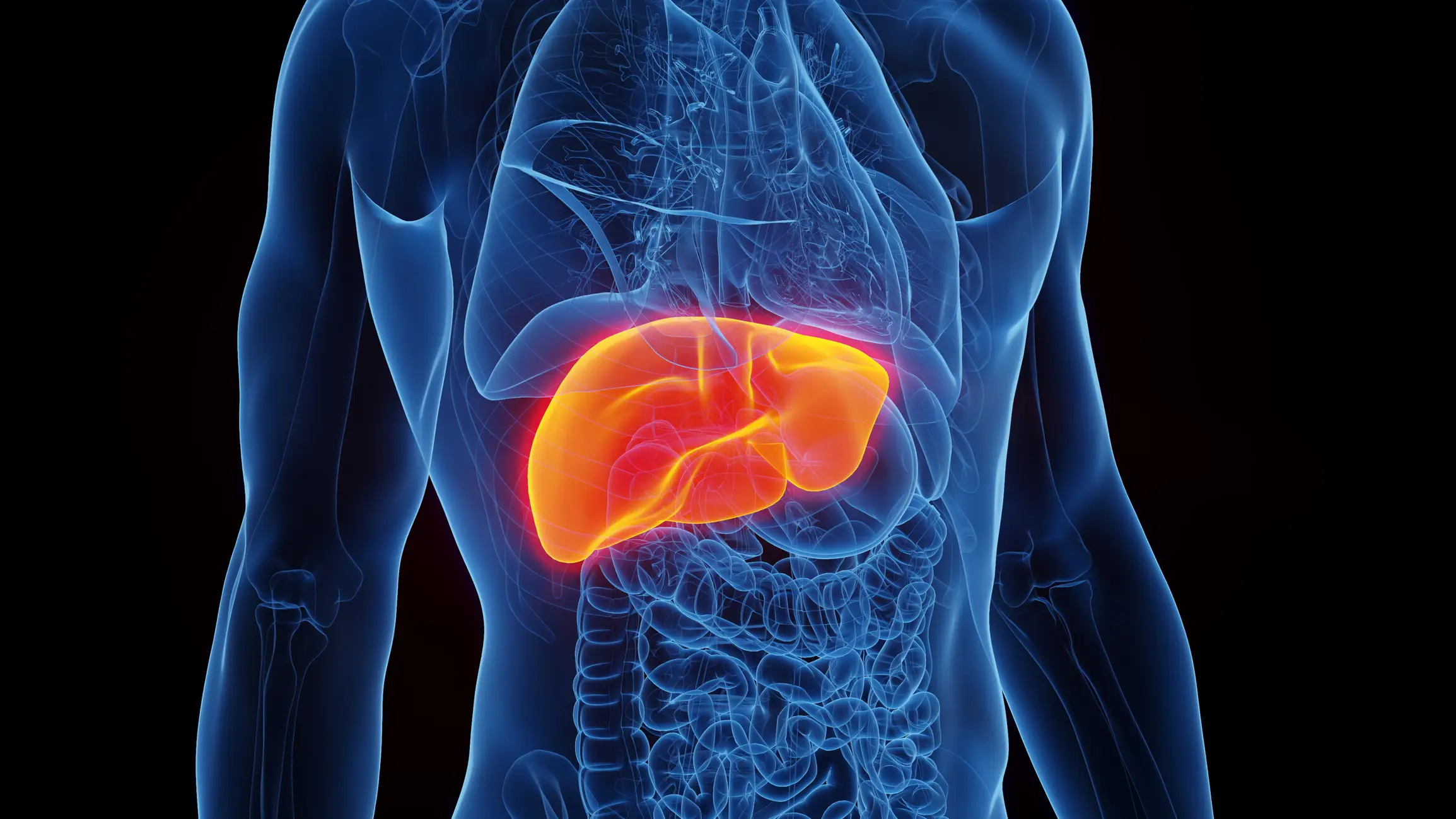A popular diabetes drug that is often used for weight loss has shown potential to reverse liver damage in certain patients, a major new clinical trial has found.
Semaglutide - the active ingredient in medications like Ozempic and WeGovy - is only FDA approved for Type-2 diabetes, but people have been known to use it for weight loss purposes.
However, it could be massively beneficial for those with metabolic dysfunction-associated steatohepatitis (MASH) - a serious form of fatty liver disease.
In a 72-week clinical trial published April 30 in The New England Journal of Medicine, semaglutide was found to reduce liver fat, inflammation, and even improve scarring in MASH patients.
The drug - administered once a week via injection - could become only the second FDA-approved treatment for MASH.
In contrast, Pfizer announced it would stop developing danuglipron, an oral GLP-1 pill, after a participant in its trial showed signs of liver injury.
While the individual recovered quickly after stopping the medication, the company opted to scrap the product altogether.
Though both semaglutide and danuglipron belong to the GLP-1 receptor agonist family, it's the drug's chemistry that sees the products have such differing effects on patients - and their livers.
“It’s understandable that patients and the public might be confused by reports of vastly different safety profiles between drugs that appear to have similar effects,” Dr Suzanne Wylie, GP and medical adviser for IQdoctor, told UNILAD.
“Semaglutide and danuglipron are not the same drug - they may act on the same receptor, but differences in molecular structure, metabolism, and formulation can result in varied effects in the body, including how they are processed by the liver.”
Injectable semaglutide has shown liver health benefits in other patients too.
Pfizer scrapped its semaglutide pill after reports of a liver injury (Peter Dazeley/Getty Images) "In those with pre-existing liver conditions — such as non-alcoholic fatty liver disease (NAFLD), viral hepatitis, or cirrhosis — semaglutide has actually shown some promise in reducing liver fat and improving metabolic markers," Dr Wylie adds.
Ayesha Bashir, weight loss injection expert and prescribing pharmacist at Chemist4U, explained: "In people with non-alcoholic fatty liver disease (NAFLD), semaglutide not only reduced liver fat but also improved liver enzymes and other signs of metabolic health.
"This positive effect is likely because semaglutide helps the body use insulin better, reduces inflammation, and helps people lose weight, all of which are good for the liver."
"However, these benefits must be weighed carefully against the potential for liver stress in a compromised organ."
However, Danuglipron, an oral compound, is subject to 'first-pass metabolism', which could increase the liver’s exposure to toxic byproducts, Dr Wylie explains.
Bashir added: "Unlike semaglutide, it’s a different type of molecule and is taken by mouth, which means it passes through the liver before going anywhere else in the body.
Semaglutide can help reverse MASH, a liver condition (Sebastian Kaulitzki/Science Photo Library/Getty Images) "This can sometimes put extra stress on the liver, especially if the dose is increased quickly or if someone’s liver is more sensitive for genetic or other reasons."
“These findings highlight the importance of rigorous safety testing for all new agents, even those targeting well-established pathways,” Dr Wylie added.
Bashir added: "It’s also important to remember that not everyone reacts to medicines in the same way.
"Some people might have genes that make their liver process drugs differently, or they might have other health problems or lifestyle factors, like drinking alcohol or taking other medications, that make their liver more sensitive to new treatments."
With semaglutide now under review for expanded approval in MASH, this could be the start of reshaping the landscape of liver disease treatments.

 Ellie Kemp
Ellie Kemp
